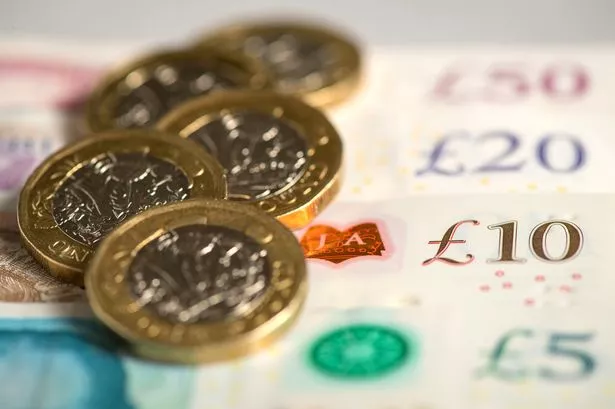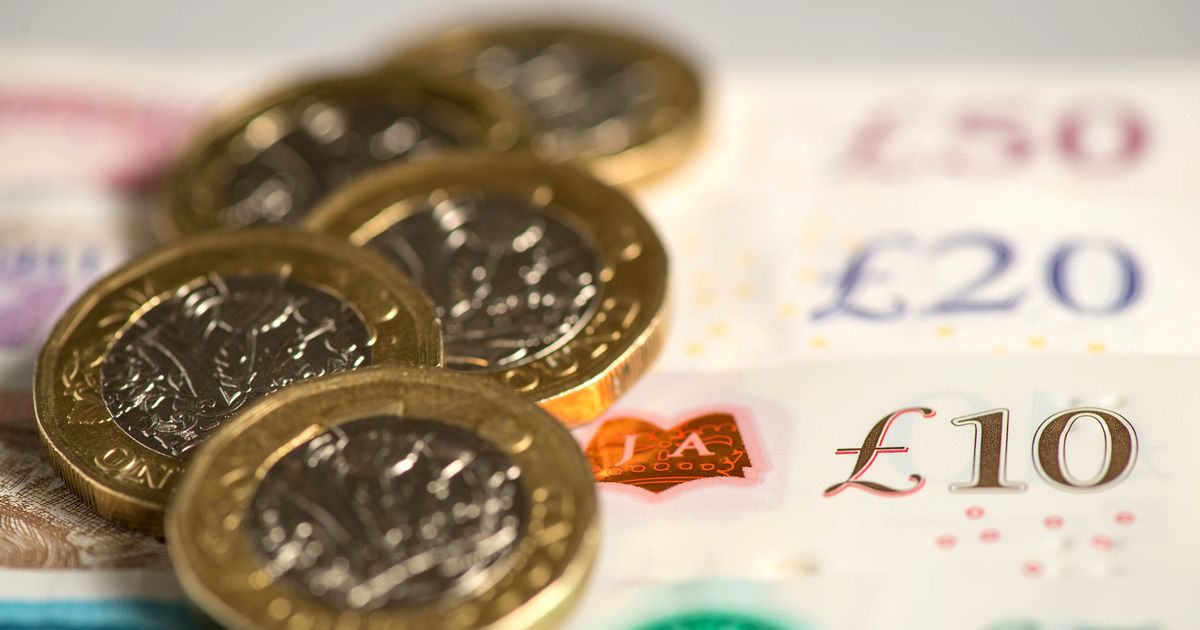In the UK there are now around 24 million people claiming some combination of DWP-administered benefits There are now around 24 million people claiming some combination of DWP-administered benefits(Image: PA)
There are now around 24 million people claiming some combination of DWP-administered benefits(Image: PA)
As we enter the colder months and the longer nights draw in households may notice bills increasing as heating and energy is used more. Another reason people may begin feeling the financial pinch is due to Christmas not being too far away, this is the time of year millions turn their attention to saving money for the festive period.
In the UK, there are now around 24m people claiming some combination of DWP-administered benefits, which include those drawing a state pension, this is around one in every three people.
In August it was revealed that there are eight million Universal Credit, according to official figures. That figure marks the highest level since the benefit was introduction in 2013.
In November, payments are usually paid out as normal to benefit claimants as there are no bank holidays. People who are scheduled to receive their DWP benefits on a bank holiday or weekend will typically get their money on the first working day prior.
The exact day you receive your benefit payment usually depends on when you began receiving it. Some benefits including Attendance Allowance, Carer’s Allowance and Pension Credit will be paid out every four weeks from the first time you receive the payment, while Universal Credit payments are sent out on the same day each month.
In April 2026, all Universal Credit claimants will receive an above-inflation income boost of around 6.2% to the standard allowance. For a single person over 25, this will be a £6 per week increase, rising from £92 to £98. For couples with one or both over 25, it will be an increase of £9 per week, rising from £145 to £154.
Benefit payments will be going out as normal in November, as there are no bank holidays to be aware of. These include:
Universal creditState pensionPension creditChild benefitDisability living allowance (DLA)Personal independence payment (PIP)Attendance allowanceCarer’s allowanceEmployment support allowance (ESA)Income supportJobseeker’s allowance
The basic state pension is paid straight into bank accounts, it is usually paid every four weeks, with the exact day you receive it depending on the last two digits of your national insurance (NI) number. Here’s when you should be paid based on those numbers:
00 to 19: Monday20 to 39: Tuesday40 to 59: Wednesday60 to 79: Thursday80 to 99: Friday
The Department for Work and Pensions has confirmed that more than nine million people born before September 22 1959 will receive between £100 and £300 to help with the cost of increased heating bills this winter.
Those eligible and living in care homes will receive Winter Fuel Payments of £100, while those aged between 66 and 79 will get £200, and pensioners aged 80 and above will receive the maximum amount of £300.
Most eligible pensioners will automatically receive their Winter Fuel Payments during November and December. According to guidance on GOV.UK, letters will be sent out in October and November to inform pensioners in England and Wales about the amount they can expect to receive.
The DWP will also be sending £150 credit to millions of people across the UK who are eligible for the Warm Home Discount. The credit will automatically be applied to your electricity account, if you are eligible for it.
You may be able to get the discount on your gas bill instead if your supplier provides you with both gas and electricity and you’re eligible. There are different ways to qualify for the Warm Home Discount Scheme depending on where you live.
You qualify for the discount if all of the following applied on August 11, 2024: Your energy supplier is part of the scheme, your name (or your partner’s) is on the electricity bill and you or your partner are getting the Guarantee Credit element of Pension Credit (even if you get Savings Credit as well)
Under the UK Government’s Plan for Change, over 6 million households will benefit this winter from the £150 discount, which is paid directly to the supplier. This is an increase of 2.7m households, including 900,000 more families with children and a total of 1.8m households in fuel poverty.

